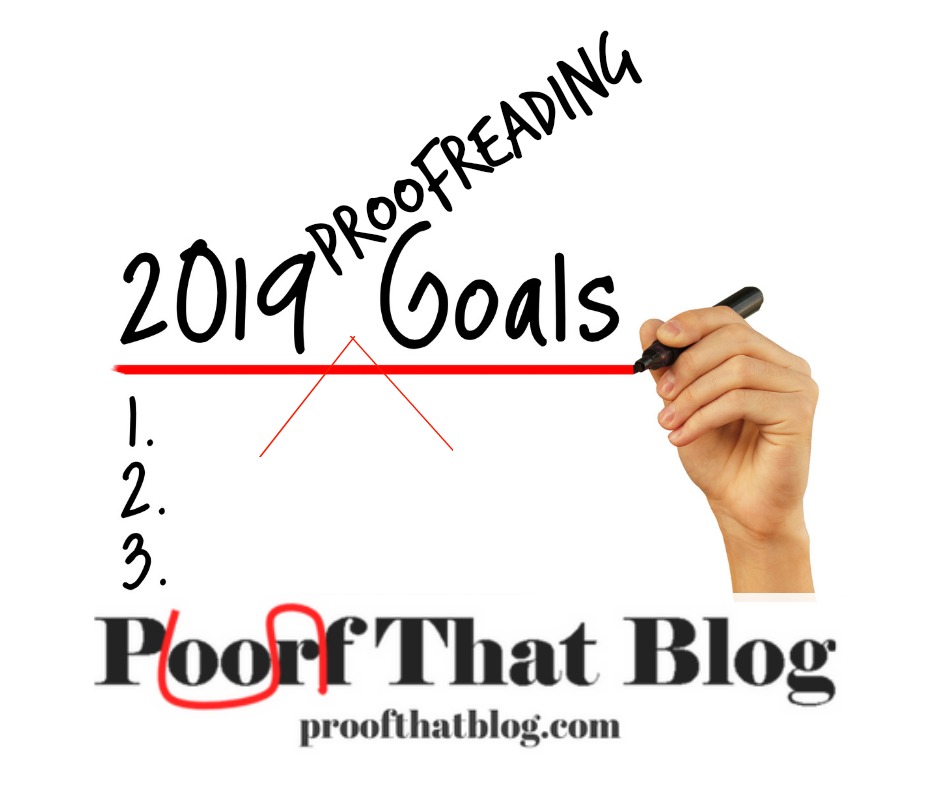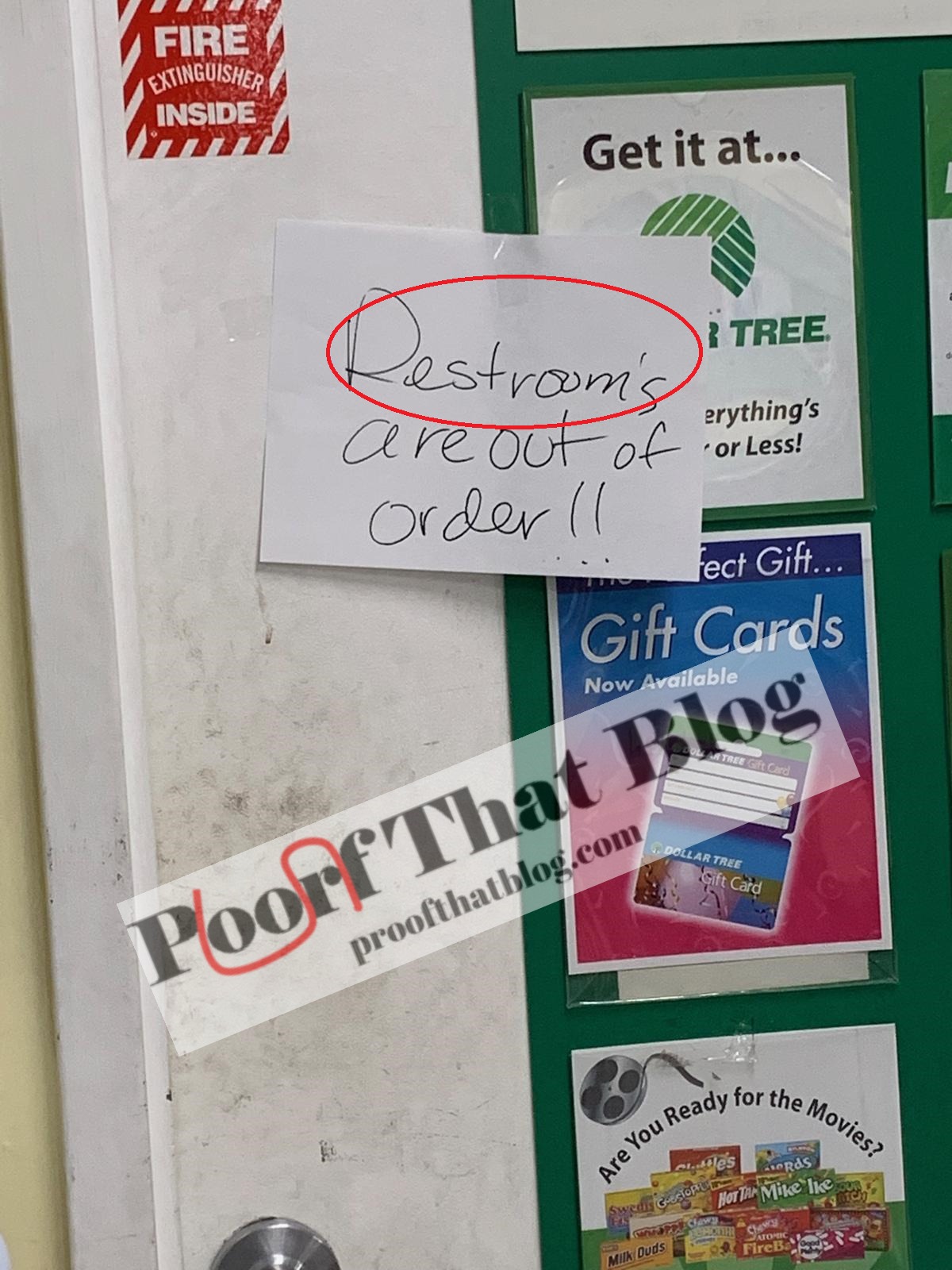 As you know, I think proofreading is really important. Here are some tips for ten proofreading goals to challenge you this year:
As you know, I think proofreading is really important. Here are some tips for ten proofreading goals to challenge you this year:
- Take the time. Don’t rush proofreading. Try to make it clear that proofreading is important to your attorney and to the firm. They should allow you time to proofread everything that gets filed or goes out of the office. It is your attorney’s and the firm’s reputations at stake. See an article here.
- Practice, practice, practice. The more you actually proofread documents, the easier it will be. Just keep working at it and studying style guides of choice. If you are proofreading something and are questioning your decision, look it up. That way you are constantly learning and will get better. Keep in mind that you should decide on the style guide you are using (I prefer the Gregg Reference Manual, but some attorneys prefer the Chicago Manual of Style or Strunk and White), but keep learning from all of them as usually when one style manual makes a change, the others do too. See an article about updates to the AP Stylebook here.
- Keep learning. Find sources of continuing education–podcasts (like Grammar Girl), blogs (like proofthatblog.com), and websites that you can subscribe to so that you will always have the latest information. See an article about resources here.
- Learn apostrophes. This isn’t hard but is probably the most consistently misused punctuation mark. Apostrophes show possession or indicate a contraction, they DO NOT make a word plural (except in very rare circumstances like “A’s”). See an article about apostrophes here.
- Stop overusing commas. Every time you take a breath while reading something is not where you put a comma. Every “and” in a sentence does not require a comma preceding it. Try reading the document without the phrase set off with commas to see if it still makes sense. If not, remove some commas. See an article on commas here.
- Fight for the Oxford comma. Particularly in the legal setting, I think the Oxford (or serial) comma is necessary. It takes care of any question about how many things you are talking about. In fact, a recent court case turned on the fact that the Oxford comma was not used. See an article on that here.
- Learn how plurals and possessives are different. This is part of the discussion on apostrophes. There is a formula in that article for how to decide if (and how) a word should be possessive. Plurals indicate there are more than one of something: shoes, cars, steaks. Possessives indicate that ownership is involved: the shoe’s laces, the car’s plates, the steak’s bones.
- Figure out contractions. Contractions are where you remove letters and add an apostrophe to indicate that you have done so and where you removed the letters. For example, she will becomes she’ll indicating the w and i are removed, cannot becomes can’t indicating the n and o are removed.
- Appreciate consistency. Sometimes you just won’t be able to talk your attorney out of doing it “their way.” And sometimes doing it their way is way easier than arguing about it. Whichever way you choose to treat your document, do it consistently. Nothing is more frustrating than seeing the same word handled differently in the same document. So if you have to do it the “wrong” way, at least do it that way every time.
- Learn to love dictionaries. When I’m working and am unsure if a word is used correctly, I Google it and usually Merriam-Webster Dictionary comes up. It helps me learn the new word and then I can make sure it is used correctly.
If you take the time to work on these ten goals, you will be a better writer and more valuable to your firm.
 It’s time for “Confusing Words of the Week” where I take a set of two or three words that get confused and give you definitions and try to give you a memory trick to help you remember when to use which word. If you have words that confuse you, use the Ask PTB tab on the website or send an email to proofthatblog@gmail.com and they may appear here soon!
It’s time for “Confusing Words of the Week” where I take a set of two or three words that get confused and give you definitions and try to give you a memory trick to help you remember when to use which word. If you have words that confuse you, use the Ask PTB tab on the website or send an email to proofthatblog@gmail.com and they may appear here soon!

 Follow
Follow

 It’s time for a review of recent blog posts just in case you’ve missed them. We call this Replay Thursday. Here are posts from Proof That proofreading blog and 60 Is The New 60 blog during the past week.
It’s time for a review of recent blog posts just in case you’ve missed them. We call this Replay Thursday. Here are posts from Proof That proofreading blog and 60 Is The New 60 blog during the past week. It’s time for “Confusing Words of the Week” where I take a set of two or three words that get confused and give you definitions and try to give you a memory trick to help you remember when to use which word. If you have words that confuse you, use the Ask PTB tab on the website or send an email to
It’s time for “Confusing Words of the Week” where I take a set of two or three words that get confused and give you definitions and try to give you a memory trick to help you remember when to use which word. If you have words that confuse you, use the Ask PTB tab on the website or send an email to 

 As you know, I think proofreading is really important. Here are some tips for ten proofreading goals to challenge you this year:
As you know, I think proofreading is really important. Here are some tips for ten proofreading goals to challenge you this year: